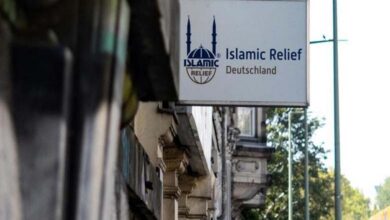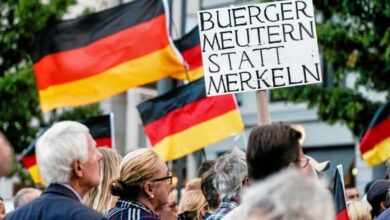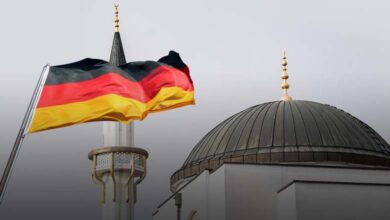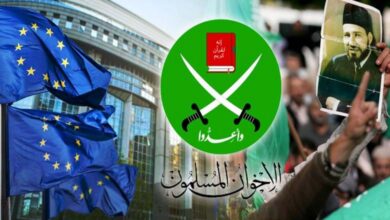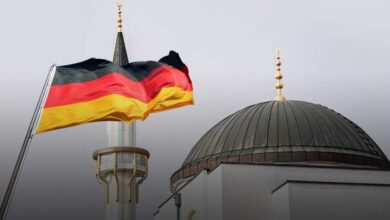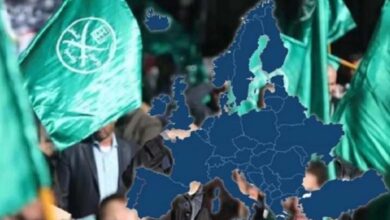A European Blow to Brotherhood Terrorism
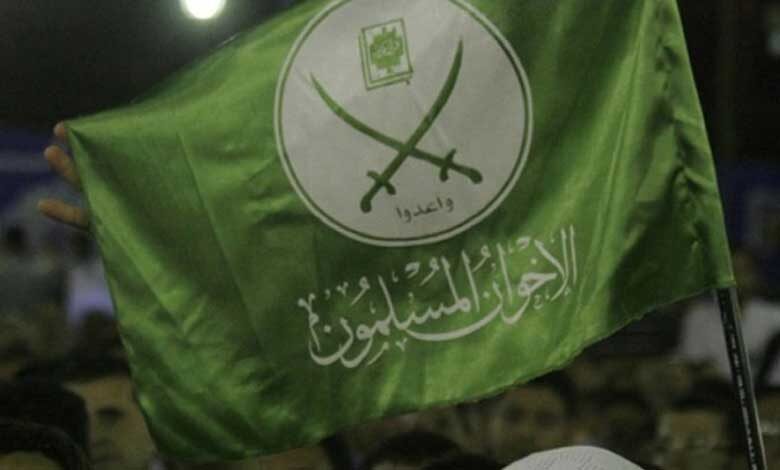
The Muslim Brotherhood and similar extremist groups received a heavy blow from Vienna and Berlin when the Austrian parliament passed a new law to combat terrorism and extremism, aimed at strengthening the authorities’ efforts to ban the activities of terrorist organizations and to prosecute their financiers. At the same time, Germany issued a federal law banning the use of symbols and slogans belonging to the terrorist organizations “Muslim Brotherhood”, “ISIS” and other terrorist and extremist organizations.
The Austrian and German steps are part of a European and international effort to combat all extremist groups, regardless of their ideological or religious references, because of their extreme threat to security and peace and their provision of an incubator for terrorist crimes and extremist ideas. To this end, European countries are making concerted efforts to win this battle, which has for a while placed the Muslim Brotherhood organization in the target circle because it is the basis of the scourge. This is after most European countries, including France, Germany, Britain, Spain, and Austria, witnessed terrorist attacks over the past years, which led to the emergence of a political and social awareness that calls for legislative action to stop the activities of extremism, freeze its funding sources, follow its elements, and besiege the horns of spreading extremism and its malicious platforms to abort any future criminal schemes.
The global war on terrorism, despite its military and security achievements on many fronts, continues and changes according to environments, circumstances and methods. The Austrian-German legal move brings a new weapon into the battle. One of the objectives of banning extremist groups in Europe is to deprive them of their freedom of activity, organization and planning. It also eliminates the pretexts that cover them, such as asylum and the search for job opportunities. The main task of these groups is to recruit misled youth among the Arab and Muslim communities. It is no coincidence that Europeans have recently discovered that a large proportion of the perpetrators of terrorist attacks and those who join extremist groups such as al-Qaeda, ISIS, and al-Nusra are the children of migrants recruited by terrorist-run “associations” who are deemed to be “political Islam” and who are involved in the swamp of crime and extremism. The European Union also seeks to protect Muslims who have become an integral part of the history of the continent and its civilizational component. The preservation of social peace requires the defense of the values of coexistence and tolerance and the rejection of hatred and racism in all their forms.
What Austria and Germany have done is in line with the EU’s counter-extremism strategy adopted at the end of last year, which entails tightening monitoring of the activities of organizations convicted of terrorism and banning all their symbols. The actions in Vienna and Berlin are clearly part of a course that began some time ago in some countries, during which Lebanon’s Hezbollah, Turkey’s Gray Wolves, and others were banned. Action is expected to continue as long as there is a firm conviction that the fight against extremist ideology is more complex and elusive than confronting it militarily and in security terms, just as Europe did decades ago in the fight against Nazism and fascism and was able to triumph over it with moderation and law.





